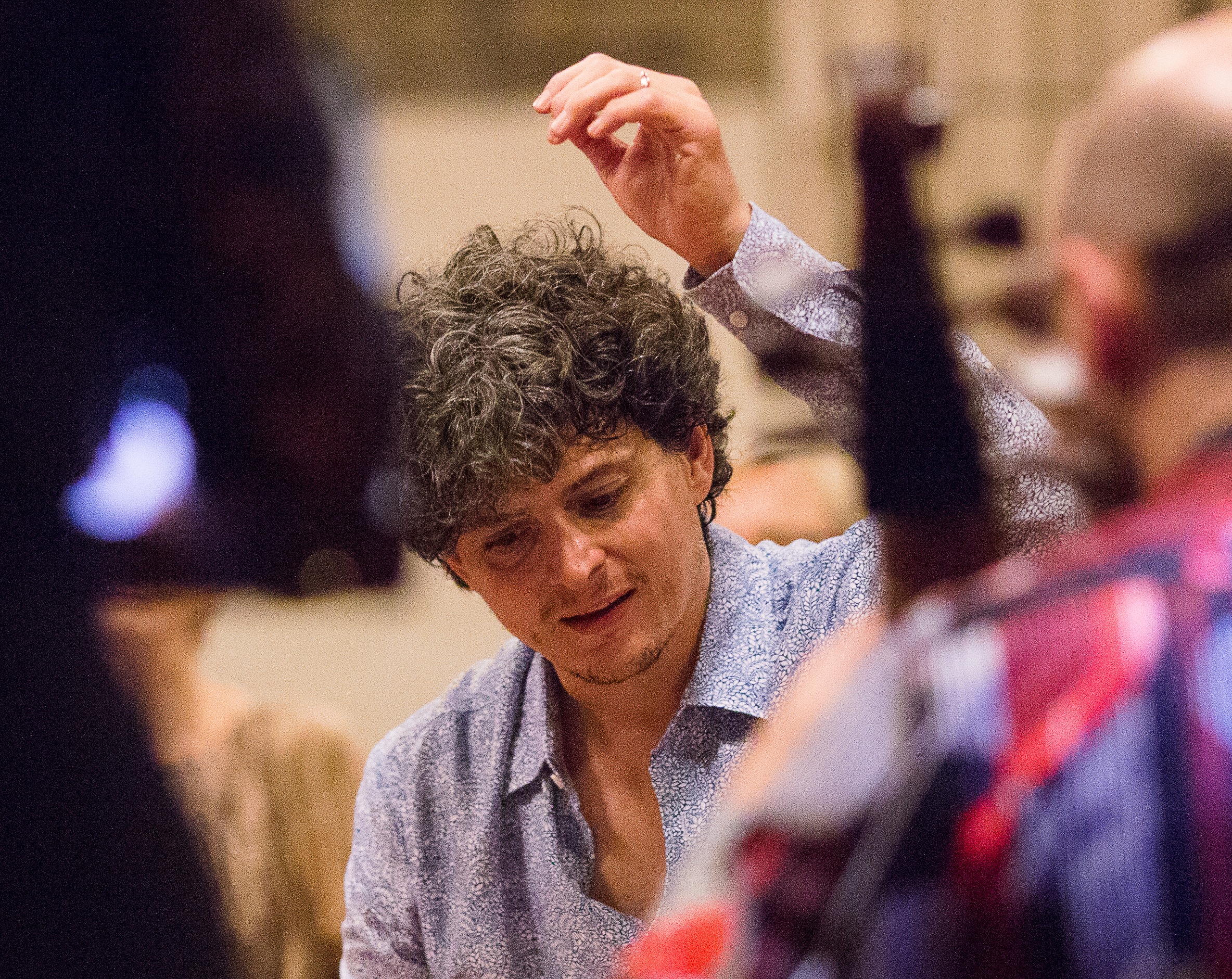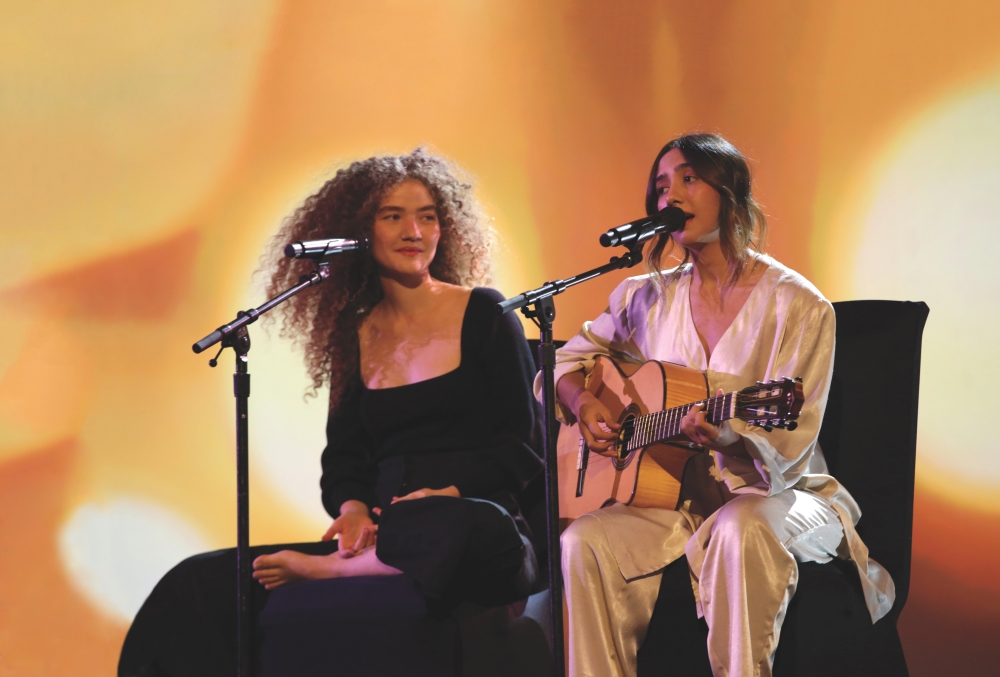This article is adapted from AQ’s special report on Latin America’s armed forces.
It’s been nearly 20 years since the Recording Academy in the U.S. debuted its Latin Grammy awards, and in that time Latin music has grown from a pocket interest to a pervasive, essential part of the American musical landscape. There are now over 50 award categories celebrating the best in Spanish and Portuguese-language music created all over the world — many, such as Best Portuguese Language Christian Album or Best Urban Fusion Performance, reflect changes not just in musical taste, but in global culture.
The beauty of the Latin Grammys lies in the coexistence of established musicians with artists who weren’t even born when some in the old guard were becoming legends. The latest edition of the show, held in November in Las Vegas, highlighted how generations of Latin music and tradition interact and reflect one another. Here’s a look at two notable award winners.
Cargar la suerte
Andrés Calamaro
In the almost four decades since his iconic “Sin gamulán,” Calamaro has perfected the art of creating songs that become personal classics the moment you hear them. Cargar la suerte, which won the award for Best Pop/Rock Album, is full of vintage Calamaro turns of phrase, seemingly inevitable expressions that mine a collective poetic memory shared by millions. A few minutes into the album, listeners will find themselves thinking there can’t possibly be a better way to express love for humankind than when he sings, “Why would I want enemies when I have so many siblings?” on “Diego Armando canciones.” Beyond the usual songs of love and exile, the album serves up a larger share of autobiographical manifestos than previous records, including a Biblical anthem “Adán rechaza,” in which the first man declares his true vocation to be providing heavenly entertainment. Brilliant instrumental touches add depth to a straight-up rock’n’roll sound, as with the strings and French horns that enhance the nostalgic atmosphere of “Cuarteles de invierno.” All told, Cargar la suerte picks up where Calamaro left off in 1997 with Alta suciedad. The ever-fresh lyrics, care to sonic detail, and overwhelming confidence of his musicians (a killer session band from LA) make this Calamaro’s most stirring album of the new century.
O tempo é agora
Anavitória
Winners of the Best Contemporary Pop Album in Portuguese for O tempo é agora, Anavitória hails from the Brazilian state of Tocantins, far from the country’s traditional music centers. The young duo define their style as “rural pop,” based on seemingly effortless vocals gliding over a variety of traditional music elements, some latent and some more pronounced, from their home region. From a rhythm and Lydian harmonies tune reminiscent of Baião (“Ai amor”) to a perfect road trip song with wide-sounding guitars and gentle forward momentum (“Porque eu te amo”) to a Xote-inspired ode to beauty (“Preta”), O tempo é agora is a singularly focused expression of love. Paired with earnest lyrics and just the right touch of sentimentality, the sound of the album is never heavy-handed, letting the duo’s voices shine without any impediment or pretention.
—
Zubieta is director of Americas Society’s music program









